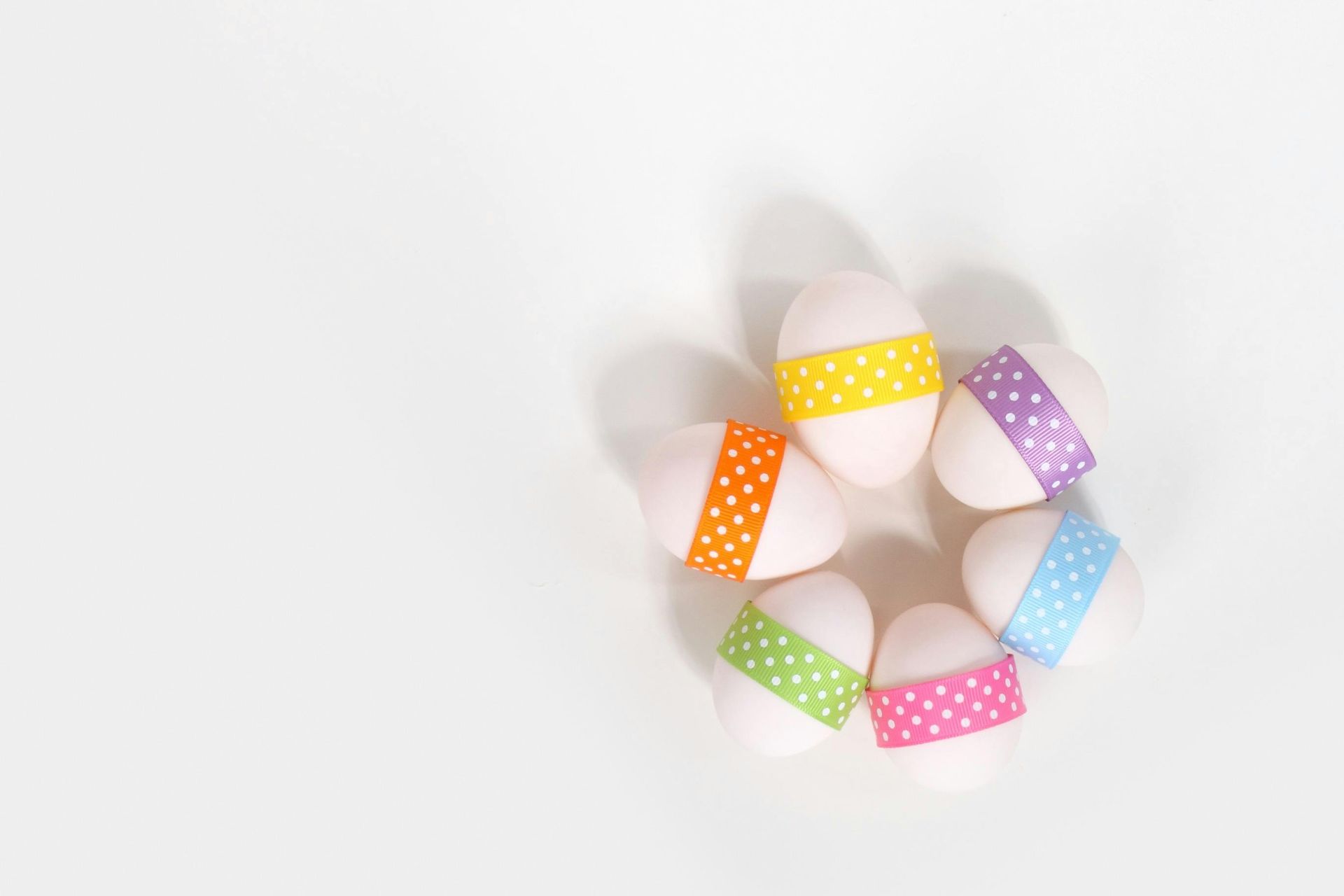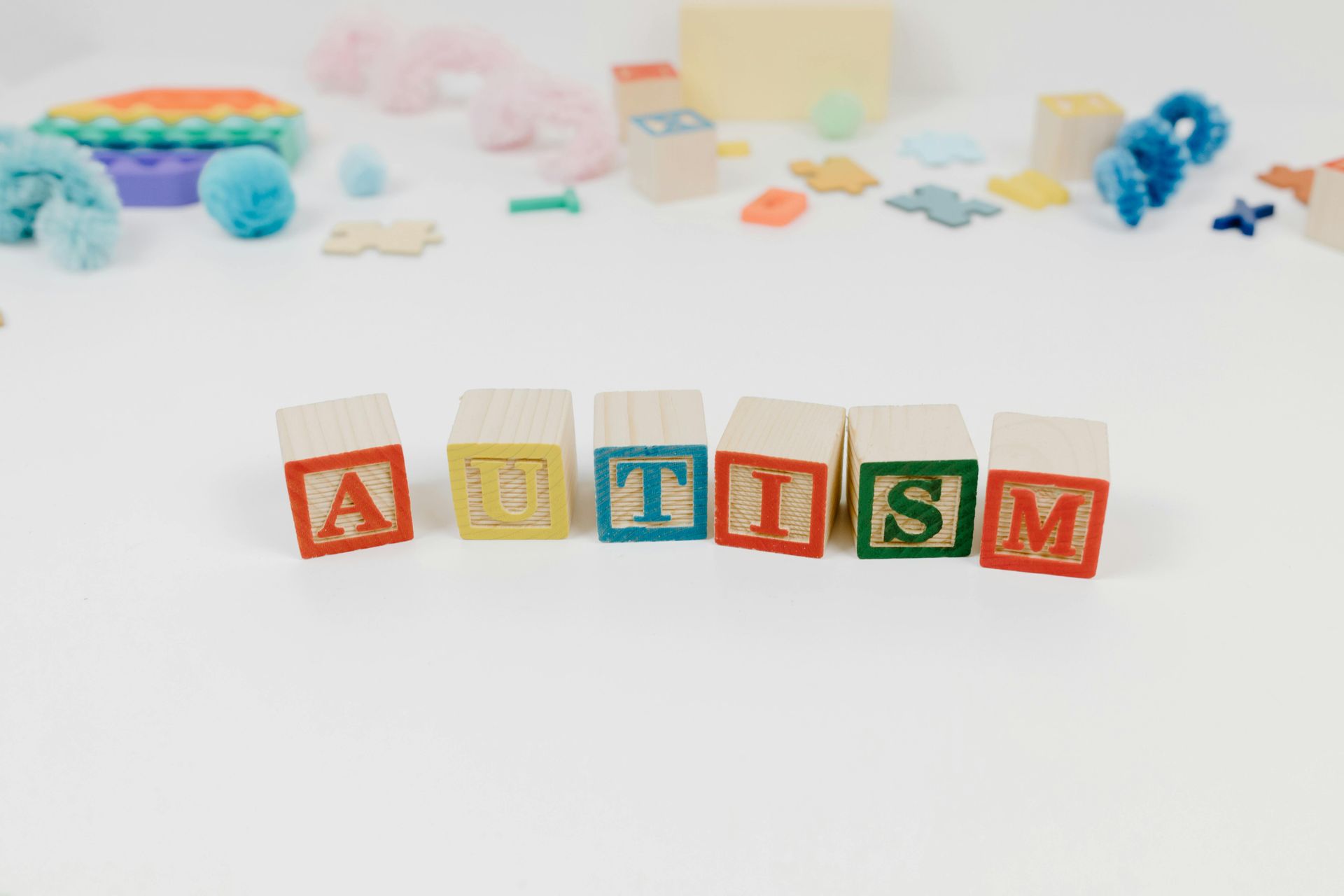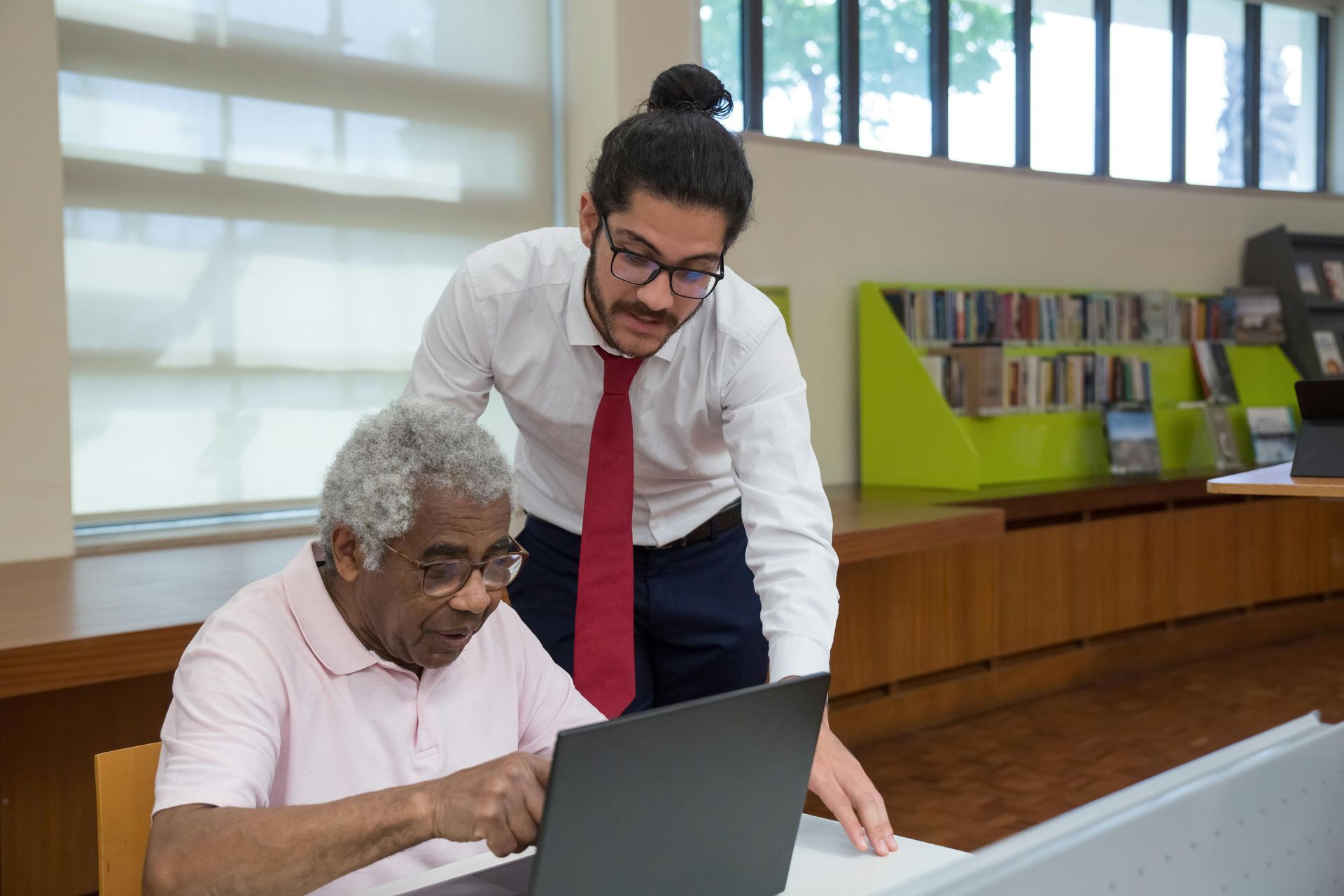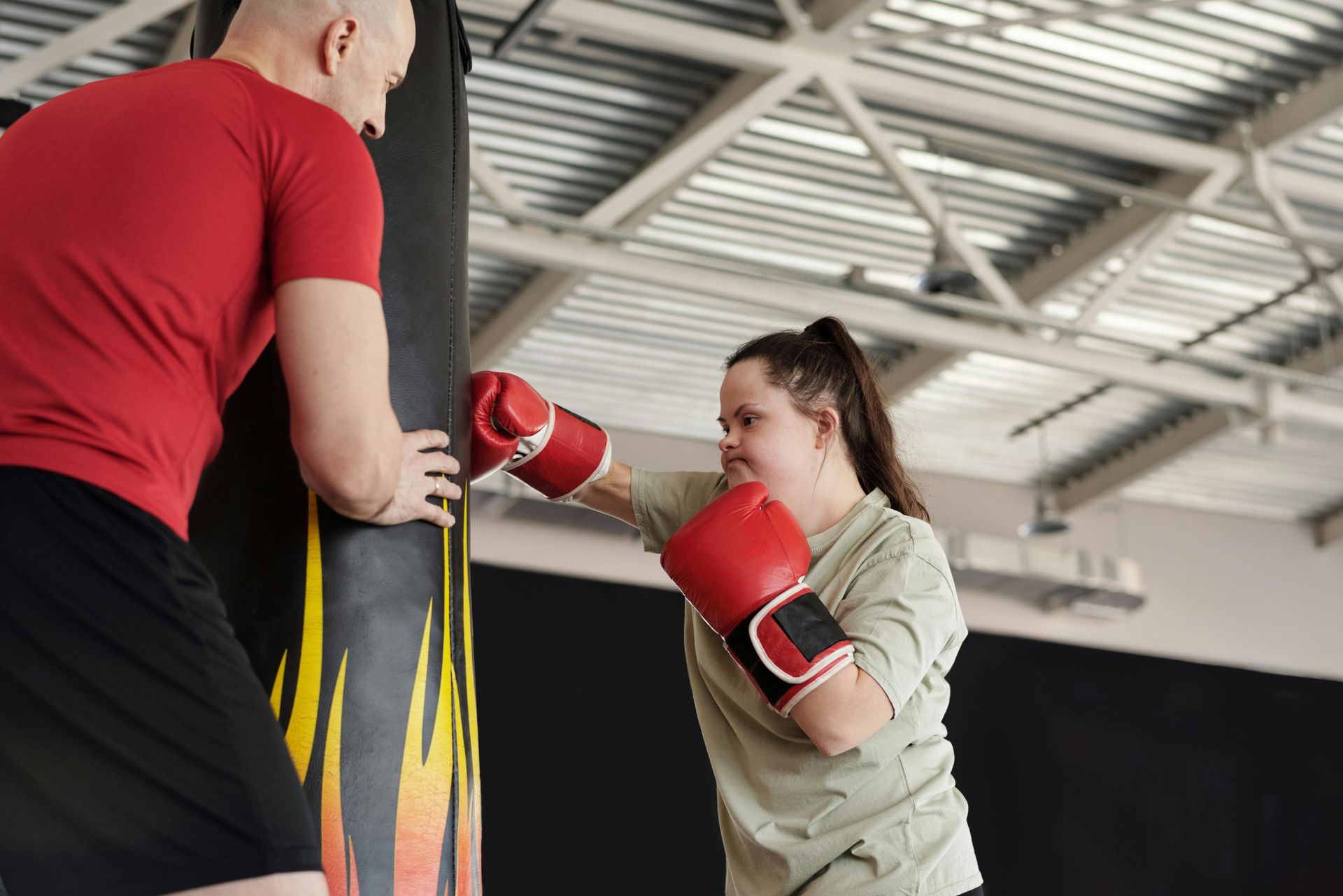By Global Hands Inc.
•
March 28, 2025
As technology continues to evolve, it is playing an increasingly vital role in enhancing the quality of life for seniors. Digital tools not only help older adults stay connected with loved ones but also provide entertainment, healthcare access, and even cognitive support. With social isolation and loneliness being significant concerns among seniors, especially those with mobility limitations or health conditions, integrating user-friendly technology into daily life can make a world of difference. The Benefits of Technology for Seniors The right technology can empower seniors to maintain their independence, keep in touch with family, and engage with their communities. Some key benefits include: ✅ Reducing Social Isolation – Video calling and messaging apps allow seniors to stay in touch with family and friends, reducing feelings of loneliness. ✅ Improving Mental and Emotional Health – Access to online games, virtual social groups, and learning opportunities helps seniors stay mentally active. ✅ Enhancing Safety and Security – Medical alert systems and smart home devices provide added security and quick access to emergency services. ✅ Simplifying Daily Tasks – Voice assistants and smart home technology can help with reminders, appointments, and controlling home appliances. Top Technology Tools for Seniors Video Calling Apps (Zoom, FaceTime, Skype, WhatsApp) Seniors can have face-to-face conversations with their loved ones, attend virtual family gatherings, or even connect with support groups. These apps are user-friendly and available on smartphones, tablets, and computers. Social Media Platforms (Facebook, Instagram, Nextdoor) Social media enables seniors to keep up with family photos, join online communities, and participate in discussions with like-minded individuals. Nextdoor, for example, helps seniors stay engaged with their local neighborhoods. Voice Assistants (Amazon Alexa, Google Assistant, Apple Siri) Voice-controlled devices can help seniors set reminders for medication, control home appliances, and even provide companionship through interactive conversations. Wearable Health Tech (Apple Watch, Fitbit, Medical Alert Systems) Devices that track heart rate, steps, and even detect falls provide peace of mind for seniors and their families. Some medical alert systems offer GPS tracking and emergency call features. Online Learning Platforms (YouTube, Coursera, Udemy) Learning never stops, and seniors can explore courses on various topics, from history to technology. Some platforms offer free or discounted courses specifically for older adults. Telehealth Services (Doctor on Demand, Teladoc, MyChart) With telehealth, seniors can consult with doctors from the comfort of their homes, reducing the need for frequent in-person visits. Smart Home Technology (Ring Doorbell, Smart Thermostats, Automated Lights) These tools enhance safety and convenience, allowing seniors to control home security, temperature, and lighting with ease. Making Technology Accessible for Seniors While these tools offer incredible benefits, many older adults may feel overwhelmed when using new technology. Here are some ways to ensure a smooth transition: ✔ Choose Senior-Friendly Devices – Large buttons, simplified interfaces, and voice commands make technology easier to use. ✔ Provide Hands-On Training – Family members or caregivers can offer guided tutorials to boost confidence. ✔ Encourage Regular Use – The more frequently seniors use technology, the more comfortable they become. ✔ Enable Accessibility Features – Many devices have built-in settings like larger text, voice commands, and screen readers to assist seniors. Bridging the Digital Divide Technology is a powerful tool in enhancing the lives of seniors. Whether it’s through video calls, wearable health monitors, or voice assistants, these innovations help older adults stay connected, safe, and engaged. By introducing seniors to the right digital tools, we can ensure they continue to live fulfilling and independent lives. 💡 Looking for ways to support a loved one in integrating technology into their daily life? Learn more about senior-friendly digital tools and caregiving support at www.globalhandsinc.com .










